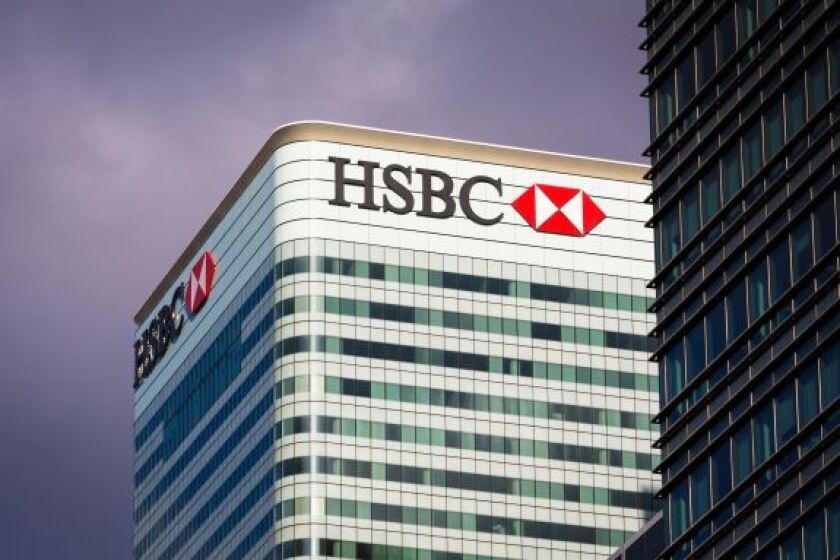The NZIF pushes investors to think beyond the effect of their holdings on their portfolios and consider how they affect society and the world at large.
The framework has ambitious targets. “There are so many asset owners of different complexities and sizes that we all need to get on board,” said Stephanie Pfeifer, CEO of the Institutional Investors’ Group on Climate Change, an organisation of 275 investors in Europe.
HSBC has committed to tightening its policies on climate change and coal financing after a shareholder motion demanded it phase out fossil fuel financing.
ShareAction, the UK responsible investing NGO, and a group of investors including Amundi and Man Group to filed a motion in January pressing for a specific timeline for reducing fossil fuel exposure.
HSBC has now said it will set “a clear, science-based strategy with short and medium term targets to align HSBC’s provision of finance to the Paris Agreement goals.”
Meanwhile, Barclays has named Steven Penketh as its head of securitized products solutions for EMEA. He was COO of Barclays International and replaces Cecile Hilary, who left to become deputy treasurer of Lloyds Banking Group.
Finally, fresh from last week’s UK Budget, we caught up this week with Robert Stheeman, who runs the UK’s Debt Management Office. No stranger to elevated funding levels in a crisis, Stheeman and his colleagues are about to embark on a £295.5bn borrowing remit. It is the DMO’s largest remit going into a new financial year and its second biggest ever after last year’s £485.5bn task.
Stheeman was at the helm when the UK ramped up its borrowing in the wake of the financial crisis of 2008-09 but last year’s task was on a whole other level. The Gilt remit ended up roughly triple what it was at the start of the financial year by the time the government had figured out what it needed to borrow as a result of the coronavirus pandemic.
The Bank of England’s Asset Purchase Facility took £430bn of Gilts on to its balance sheet, which helped, but it is not clear at this stage what it will be doing in the year ahead, meaning the DMO will be applying everything it learned last year to raise what it needs. On top of that, it will also be printing its first green bonds.

